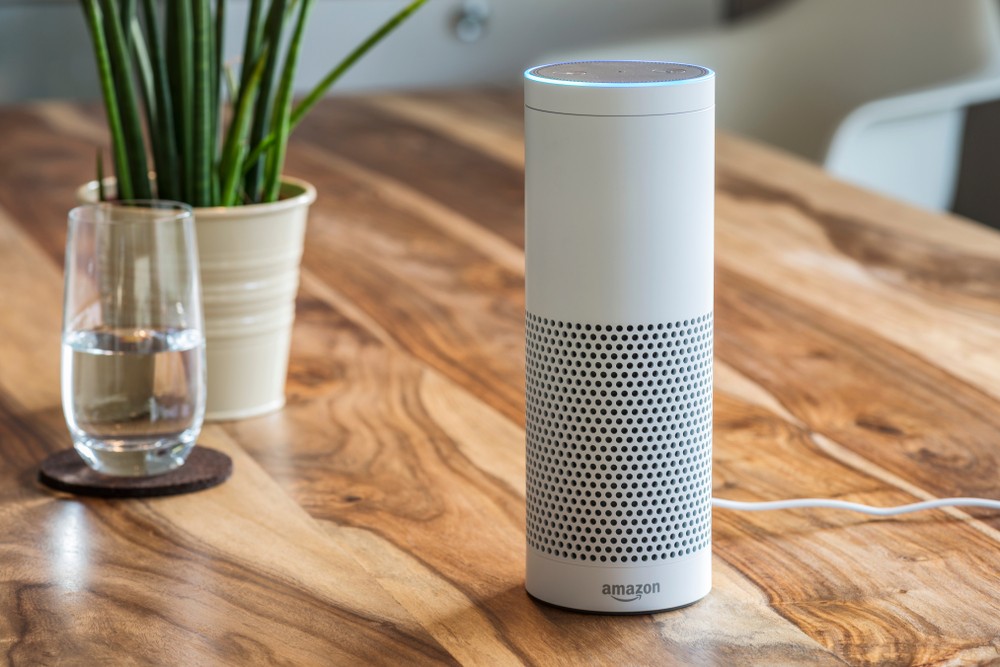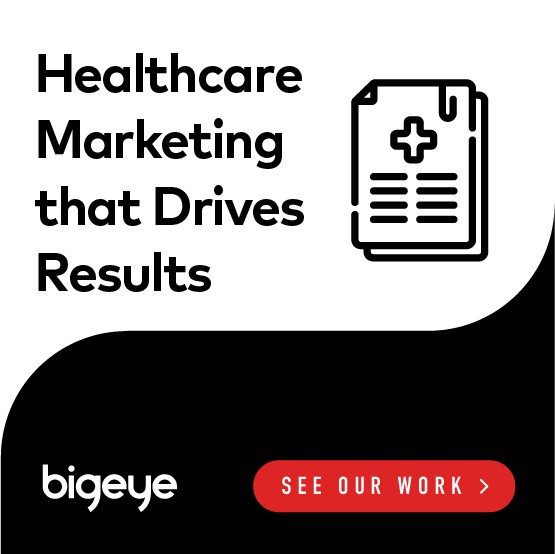
In the healthcare field, the voice technology platforms developed by both businesses (Amazon Alexa and Google Home) have been lauded by medical practitioners and developers alike.
It’s not difficult to see why the interest has been so apparent. While voice interaction has been a resounding success in the consumer market, allowing users to save time by automating essential home functions, its applications in business and organizational contexts are just now being explored.
One thing, however, is certain: As voice technology matures, its effect on the healthcare industry operations will be profound.
How voice technology changes how patient care is delivered
Voice app development in the medical field is somewhat constrained by the fact that most major voice tech products are not yet HIPAA compliant (though Amazon and others are working to achieve this). Yet even working within these limitations, developers have already made remarkable strides toward making healthcare more efficient and accurate.
Medical centers are using Alexa and other platforms to transmit routine medical data to patients in their homes. Hospitals are also using voice technology to help with surgical note taking or record keeping. Voice technology also has a crucial role to play in helping people become more involved in their own health care.
One app, as well as many others, created by Boston Children’s Hospital, allows users to access information about common medical conditions and prescription medicine dosage. Apps such as these can help deliver much-needed information virtually instantly, without the need to waste time performing manual searches.
Communicating via voice, rather than having an experience that’s mediated by a screen, has immense potential for helping patients become more engaged with their own health. This will ultimately give them the power and agency necessary to make substantial improvements to their own lives.
What the future holds
While these initial developments are quite promising, they represent merely the first steps toward deeper voice technology integration with healthcare services. Some of the world’s most prominent medical centers are experimenting with voice technology in an effort to build applications that will transform how hospitals operate and how patients are treated.
Third party voice application developers are busy dreaming up innovative new uses for Alexa and her competitors in healthcare settings. Amazon is busy supporting this wave of development; one example is a recent software development challenge the company co-hosted with pharmaceutical giant Merck. Developers were tasked with finding creative voice technology solutions to help people manage chronic conditions such as diabetes.
Devices such as Alexa are well-suited to help people manage these chronic conditions. By asking simple questions such as “have you taken your medication today?” Alexa and other platforms can help ensure that patients remain compliant with their treatment needs. This is critically important, as some studies have shown up to 50-percent of patients do not comply with their dosing schedule — a problem that has massive public health consequences.
The takeaway
Voice technology has a major role to play in the healthcare field — and we’ve only begun to see this impact take shape. Our firm has been at the forefront of this trend, and we’ve used our expertise to help clients in a variety of fields harness the power of voice technology to improve their own processes.
In the coming days and weeks, we’ll publish more content explaining how voice technology can benefit both hospitals and patients by driving better financial and personal health outcomes.
Need help incorporating voice technology into your current strategy? Contact our team of professionals today to learn more about our voice interaction services.



